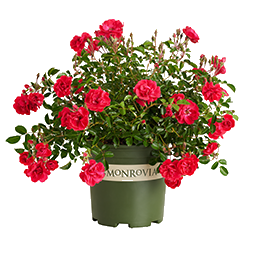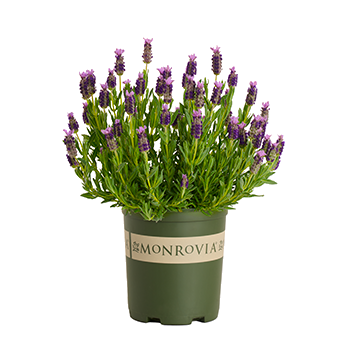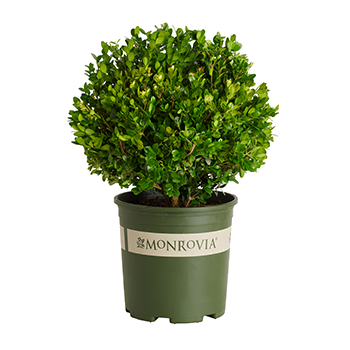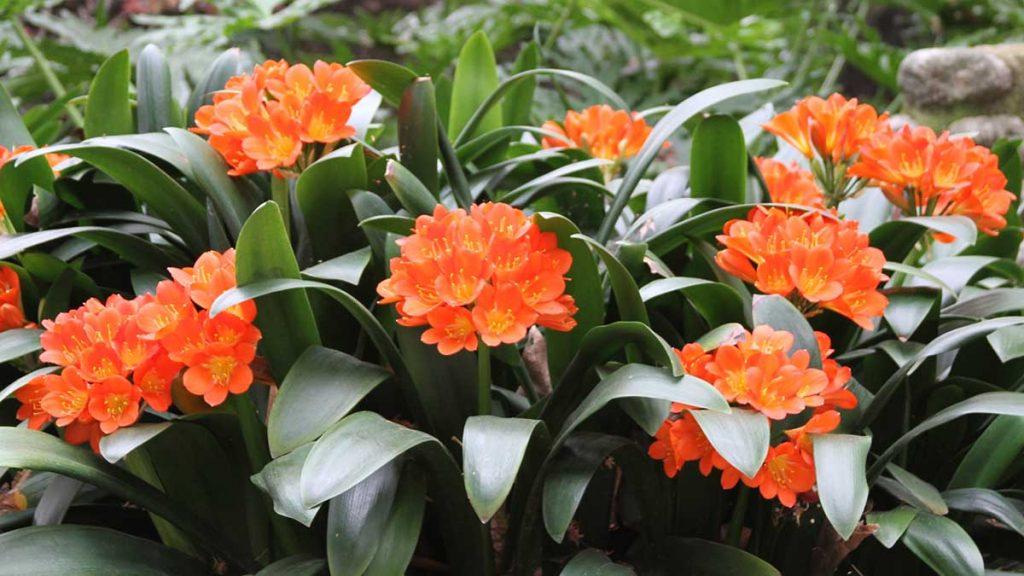Two We Recommend

Belgian Hybrid Orange Bush Lily
(Clivia miniata ‘Belgian Hybrid Orange’)
Rounded clusters of up to 60 vivid orange flowers on tall stems. This is an absolutely gorgeous accent, border plant or container specimen. Great plant for dry shade settings. Evergreen. Up to 30″ tall and wide. Zone: 9 – 11

Belgian Hybrid Yellow Bush Lily
(Clivia miniata ‘Belgian Hybrid Yellow’)
Rare bright-yellow flowered form with huge clusters of lemony-hued bloom on tall stalks. These are perfect for cutting or just enjoy potted up or in the landscape. Glossy, strappy foliage adds interest year round. Up to 2 ft. tall and wide. Zone: 9 – 11
Tips and Tricks
- Clivia’s active growth period is during early spring to early fall. During this period your plant will need lots of warmth, direct sunlight, water and slow release fertilizer. For instance, Osmocote or a liquid fertilizer at half-strength twice a month. The best conditions will be temps around 70 degrees. A warm, sunny, south-facing window is great until you can move it outside to enjoy the summer's heat and light.
- Along comes late fall and early winter and it’s sleepy time for your clivia. Bring the plant back indoors into a cool room with temps around 50 degrees (basements are usually a good choice). Do not let the plant freeze. Reduce water to once a week.
- In mid-January bring those clivias out of the dark and into the light. It’s time to get them blooming. Water well and once new growth with fresh leaves in the plant's center, feed weekly with soluble liquid fertilizer. Do so at one-fourth the strength you'll see listed on the label.
- Your clivia will bloom in March or April but when young, they can hold off blooming until mid-summer. If this happens, continue to follow the advice above. Then, your plant will get the idea of what you want from it.
- In summer, place potted plant dappled shade (indirect light). Bring the plant into the house before the first frost. In very warm zones, these plants are used for landscaping.
- In warmest zone if planted outside, tolerates dry shade once established.
- Divide every 3 years after flowering in spring. Prune in summer after flowering.




